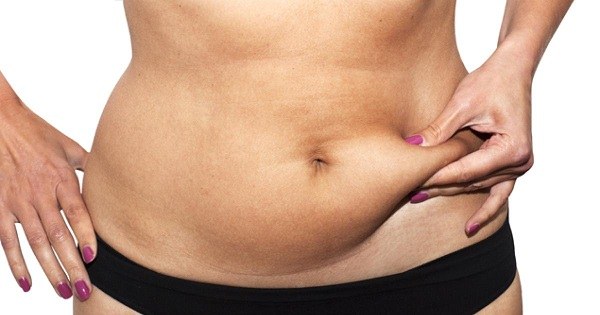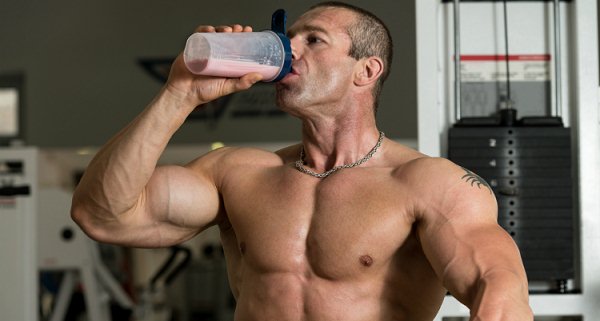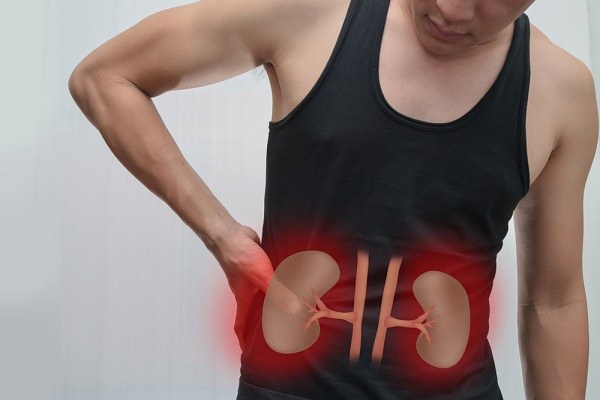6 Myths About Protein Shakes
1. Protein shakes make you fat

NO! Totally Wrong.
Eating too much of anything (carbs, protein or fat) makes you fat. Protein shakes by itself isn't some magical weight gainer. To gain weight = you need to eat too many calories → Calories needed to lose weight
You'll actually lose weight faster with more protein in your diet → See why
2. Protein shakes build muscle automatically

This Is ½ True
Protein Shakes & High Protein foods automatically build more muscle ONLY AFTER you've broken your muscles down with progressive overload
3. You only needs 30 grams of protein each day
The body's actual protein requirement depends heavily on the person's daily needs. Their weight, their fitness goals, and the general health of a person accounts for the amount of necessary protein per day.
The actual recommendation is around .36 grams per pound but you need at least .64 grams of protein per pound to gain muscle mass while using the progressive overload trick
4. Protein shakes are necessary to build muscle
WRONG! Enough protein is necessary to build muscle
If you're getting at least .64 grams of protein per pound then it does not matter if your protein comes from shakes or these 79 high protein foods
Protein shakes are mainly supplemental in nature which means consuming them should be on top of your regular protein intake.
5. Protein shakes are only for bodybuilders
MAYBE
Bodybuilders or anyone trying to gain muscle needs more protein than the average person. Bodybuilders NEED protein shakes because its impossible for them to get all the protein they need from only high protein foods
6. Protein shakes cause kidney damage

YES, studies show ingesting high amounts of protein can be detrimental to those with existing kidney diseases. But the same studies did not include those with healthy kidneys.
Studies even show that a higher protein diet can lessen the risk of kidney failure, because protein can help prevent hypertension and lessen the effects of diabetes which are primary contributors to kidney failure.
More Tips
- 7 Best Muscle Building Supplements & Foods
- 11 Weight Loss Supplements That Actually Work
- 37 Fast Weight Loss Tips
- 26 Fast Muscle Building Tips
